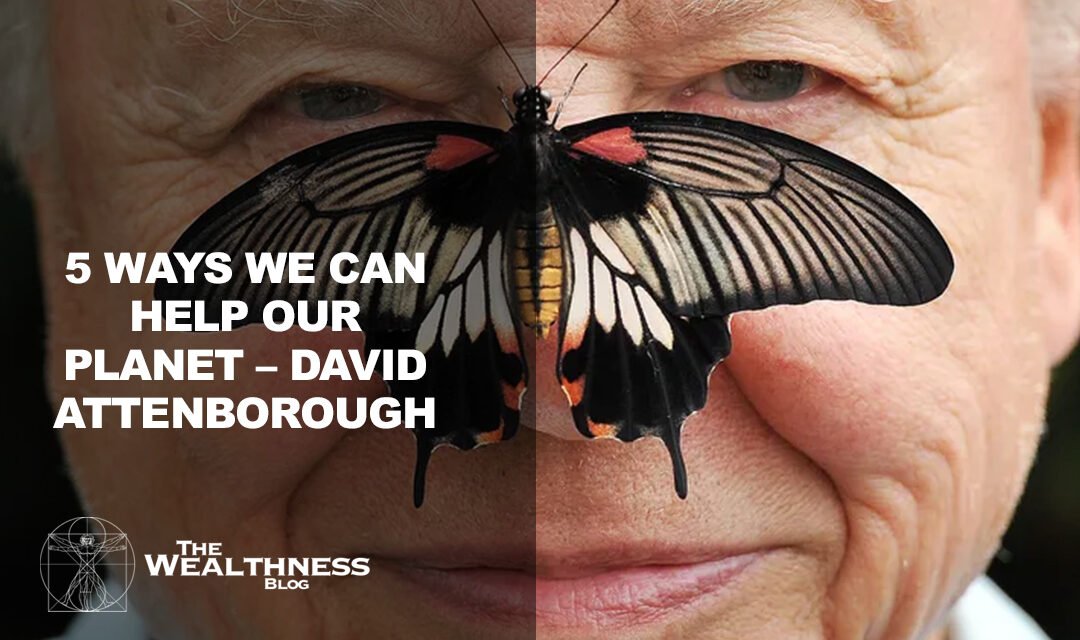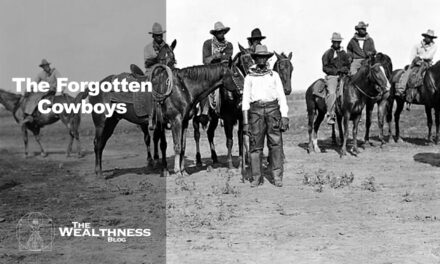- Move towards renewable energy sources and phase out fossil fuels [2][3][4]
Attenborough emphasizes the need for an “energy revolution” by transitioning away from fossil fuels and towards renewable sources like wind, water, and solar power. This will help slow global warming and ocean acidification while providing clean air.
- Upgrade to efficient food production and reduce meat consumption [2][3]
Improving agricultural efficiency and reducing meat consumption can reduce the amount of land needed for food production. This will leave more space for grasslands, reduce deforestation, lower freshwater demand, and provide healthier, more affordable food for more people.
- Establish a global network of marine protected areas and sustainable fishing policies [2][4]
Attenborough calls for creating a network of no-fishing zones and an international treaty to govern the use of international waters. This would help restore the health of the oceans and ensure sustainable fish populations.
- Rewild and protect remaining natural habitats [3]Efforts should be made to conserve and rewild existing wild areas, both on land and in the oceans, as well as incorporate nature into urban environments. Biodiversity is crucial for a stable, functioning planet.
- Invest in education, women’s rights, and poverty reduction to slow population growth [2][3]
By improving access to education, empowering women, and raising standards of living, Attenborough believes population growth could stabilize sooner, reducing humanity’s overall impact on the planet.
Attenborough’s core message is that humans must find a way to coexist sustainably with nature by reducing our environmental footprint through a combination of technological solutions, policy changes, conservation efforts, and addressing socioeconomic factors driving unsustainable growth and consumption patterns.
Citations:
Next year we’ll be launching our Tree of Life programme with the aim to replant and protect NATIVE trees and support organisations across the planet doing the same.
I emphasize NATIVE because here in New Zealand we have large grants and pledges for tree planting but it appears that the lion’s share is going to planting pine which is nothing more than a cash cow crop harvested every 20 years. Pine is seen as alien monocultures. I tried to do some research but as usual the information varies depending on the adgenda of the author. Regardless, they are not Native, nor do they support the diversity of life, a native forest does.
Looking forward to this.










